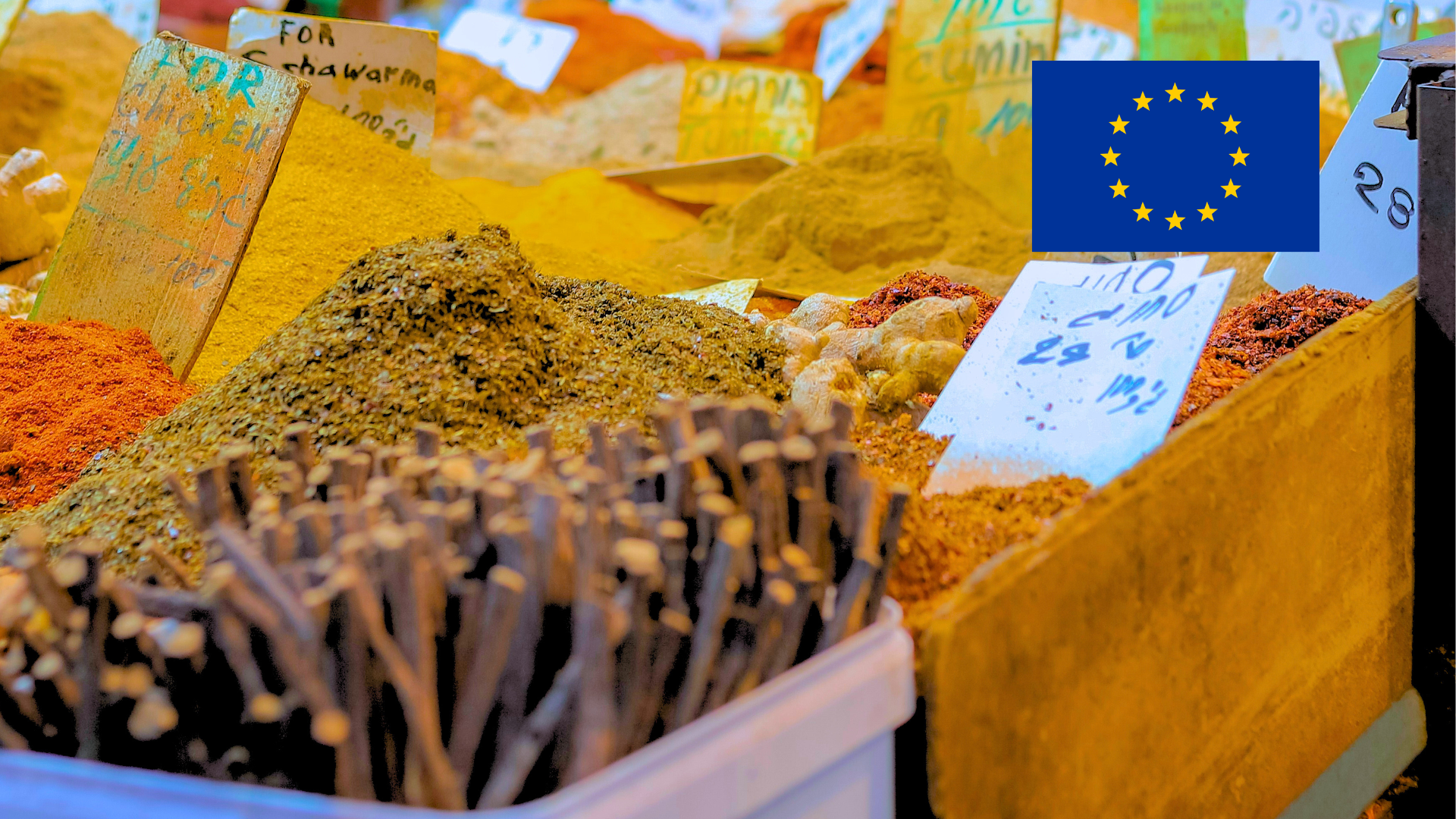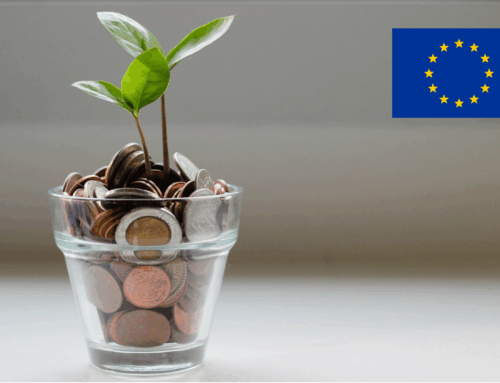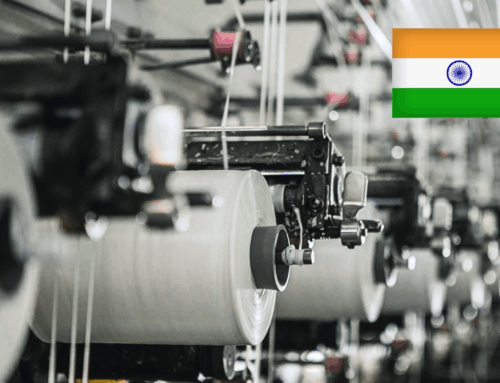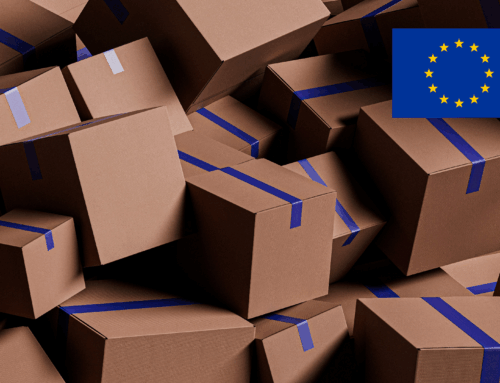On 23 July 2025, the European Union updated its regulations on the import of certain foodstuffs and feed of non-animal origin by Implementing Regulation (EU) 2019/1793.
Background
Regulation 2019/1793 specifies which goods from certain third countries must be subject to increased controls, and which special import conditions apply. There are two lists for this purpose:
- Annex I: Food and feed of non-animal origin that are subject to temporary increased controls when imported from certain countries.
- Annex II: Food and feed from certain countries that may only be imported into the EU if additional conditions are met.
These appendices are regularly updated to respond to current risks in the supply chains.
Updated Annex I
The following have been added to the list of products subject to increased official controls:
- Bottle gourd (Lagenaria siceraria) from India
- Tomatoes (Solanum lycopersicum) from Türkiye
In addition, certain spices from Ethiopia that were previously subject to special import conditions (Annex II) have now been transferred to Annex I:
- Peppers (Piper), ground fruit (genus: Capsicum or Pimenta)
- Ginger, saffron, turmeric (curcuma)
- Thyme, bay leaves, curry and other spices
Updated Annex II
The following have been added to Annex II and simultaneously deleted from Annex I:
- Drumsticks (Moringa oleifera) from India
- Yardlong beans (Vigna unguiculata ssp. ‘sesquipedalis’ and ‘unguiculata’) from India
Further adjustments to inspection frequencies
In addition, the frequency of identity checks and physical inspections has been changed for the following products:
- 20% on granadillas and passion fruit from Colombia
- 50% on vine leaves from Egypt
- 30% on tahini and halva from Sesamumseeds from Syria
- 20% on mangoes (Mangifera indica) from Egypt
- 30% on yardlong beans (‘sesquipedalis’ and ‘unguiculata’) from Sri Lanka
- 10% on grapefruits from Türkiye
- 30% on figs, mixtures and products made from dried figs from Türkiye
- 50% on cumin seeds from Türkiye






